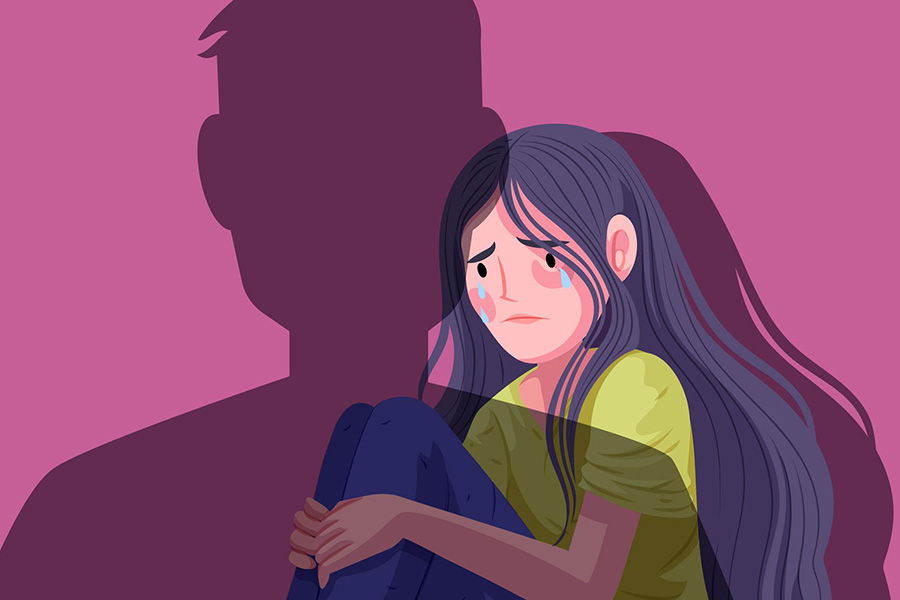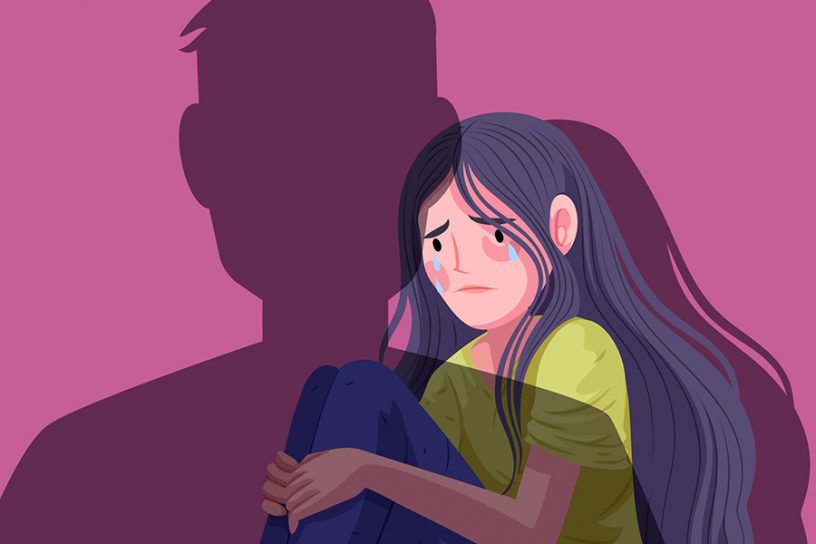
The split verdict on the matter is not only indicative of our division of opinion but an opportunity to reflect on what we truly value as a society, writes the author.
Author
Sanjeev P. Sahni, Professor and the Principal Director of the Jindal Institute of Behavioural Sciences (JIBS), O.P. Jindal Global University, Sonipat, Haryana, India.
Summary
The split verdict by the Delhi High Court on the matter of marital rape has elicited equally divided responses from across the nation, many of which, call to question our idea of marriage itself.
At the heart of this debate, is the exception of forcible sex by a husband on his wife, from Section 375 of the Indian Penal Code (IPC) 1860, which defines ‘rape’ as sexual acts by a man on a woman against her consent.
Petitioners have expressed that this exception undermines the bodily autonomy, dignity and fundamental rights of married women. On the contrary, those in support of retaining the exception (including Justice Shankar, and several men’s rights groups) argue that marriage is accompanied by a “legitimate expectation of sex.” Further, they advocate that the contestation of this expectation could crumble the very institution of marriage as we know it.
Echoing the concerns of the petitioners, Justice Shakdher, who took the stance in opposition to this exception, stated the following,
“Modern-day marriage is a relationship of equals. The woman by entering into matrimony does not subjugate or subordinate herself to her spouse or give irrevocable consent to sexual intercourse in all circumstances… The right to withdraw consent at any given point in time forms the core of the woman’s right to life and liberty which encompasses her right to protect her physical and mental being.”
He also added that the fact that the perpetrator is the spouse of the victim does not make the experience of sexual assault “any less injurious, degrading or dehumanising.”
Justice Shakdher’s statement points to not just our society’s concept of marriage, one evidently rooted in patriarchy, but also our concept of female agency at large.
By denying women the freedom to take their own bodily and sexual decisions, the system is yet again (and not too subtly) implying what is expected from a woman, and particularly from a ‘dutiful’ wife. It is implying that a woman’s body is bound to the whims of her husband, thereby sending the constitutional provision for equality for a toss.
Published in: CNN-News18
To read the full article, please click here.


